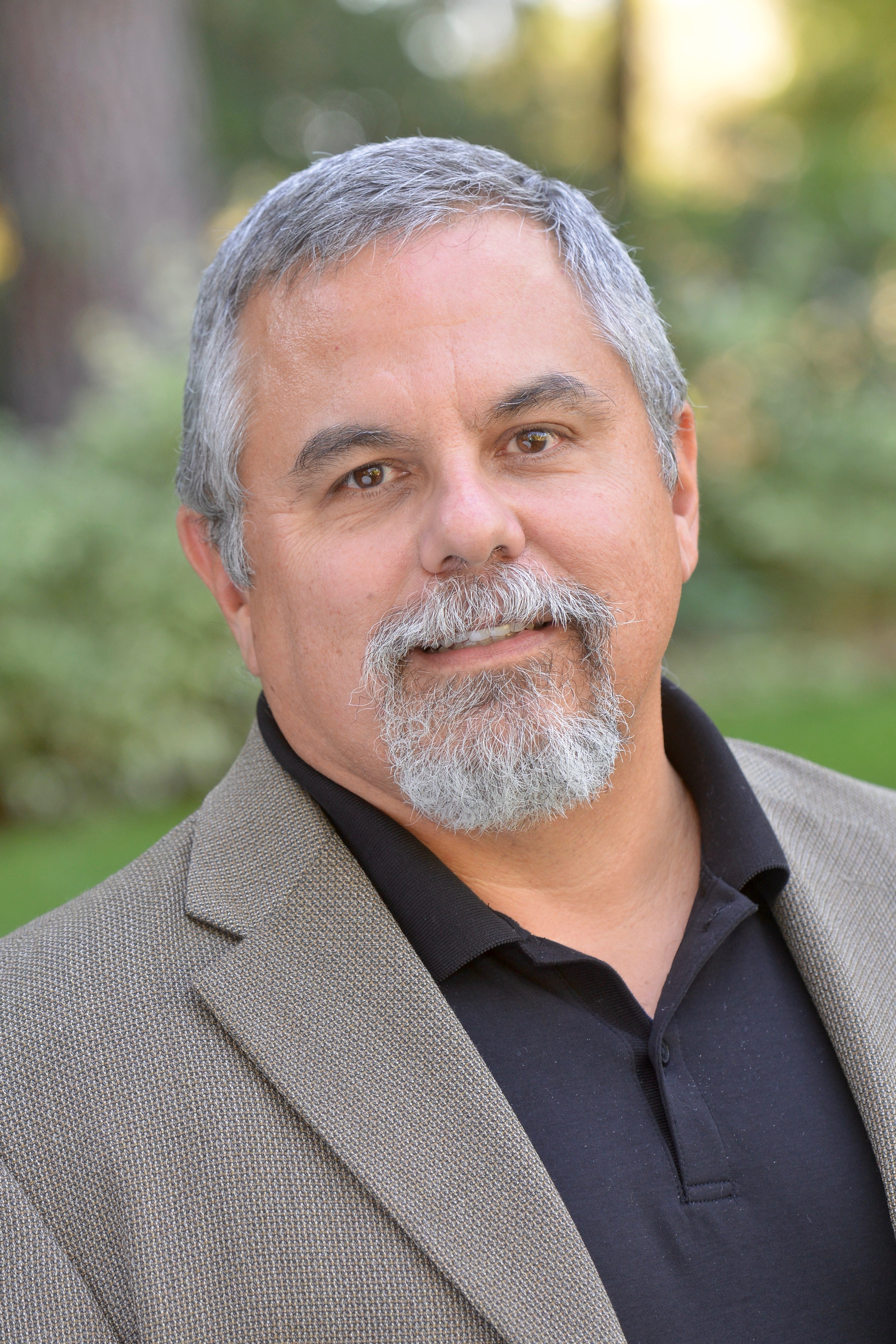
Gary M. Segura is Dean of the Luskin School of Public Affairs at UCLA. His work focuses on issues of political representation and social cleavages, the domestic politics of wartime public opinion, and the politics of America’s growing Latino minority. Among his most recent publications are
Latino America: How America’s Most Dynamic Population is Poised to Transform the Politics of the Nation with Matt Barreto (Public Affairs Press, 2014) and two books with the Latino National Survey team. Earlier work has been published in the
American Political Science Review, American Journal of Political Science, and the Journal of Politics, among many others. Over the last 18 years, he has directed polling research that has completed over 100,000 interviews of Americans of all backgrounds on matters of political importance. He has briefed legislators and senior administration officials and appeared on numerous news media outlets. Segura served as an expert witness on the nature of political power in all three of landmark LGBT marriage rights cases in 2013 and 2015,
Windsor v. United States,
Hollingsworth v Perry, and the historic
Obergefell v. Hodges. Segura was one of the Principal Investigators of the 2012 and 2016 American National Election Studies, and was one of the Principal Investigators of the Latino National Survey, in 2006. He is a past president of the Midwest Political Science Association and the Western Political Science Association, and a past executive council member of the American Political Science Association. He is a past president of El Sector Latino de la Ciencia Política (Latino Caucus in Political Science). In 2010, he was elected a Fellow of the American Academy of Arts and Sciences.
Statement of Views: The discipline of political science faces a number of challenges, two of which attract my focus. First, we increasingly confront an environment of public discourse that denigrates actual knowledge in favor of invective. I support existing efforts by the association, and by many of its members, to aggressively engage the public with the findings and implications of our work. In the “post-truth” or “post-fact” environment, our response should be to redouble our efforts toward scientifically sound policy making and working to encourage new and innovative paths to dissemination. Second, the widening gap between the demographic composition of political science professionals and the society we claim to serve is narrowing our ability to identify and address important social and political problems. We must work to identify new and different ways to advance the inclusiveness of the discipline and association and honestly confront the practices and policies that thwart those efforts. I look forward to advancing the interests of the Association and discipline should I be fortunate enough to serve.